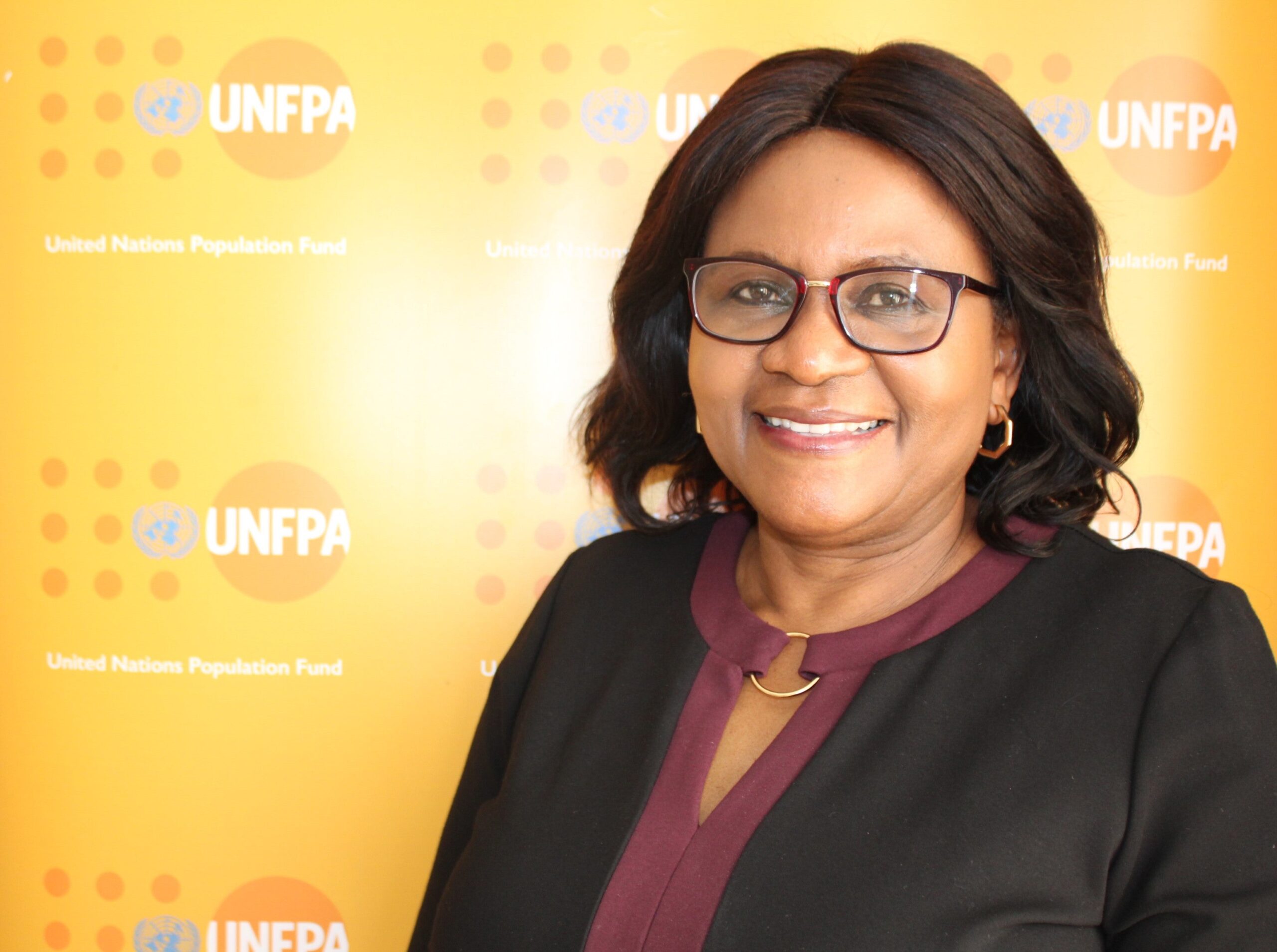Analysis
UNFPA: Economic & Social Barriers Drive Uganda’s “Real Fertility Crisis”
Millions of people in Uganda and worldwide are facing a silent but profound crisis: the inability to have their desired number of children, not due to a lack of interest in parenthood, but due to overwhelming economic and social obstacles. This sobering reality is the central finding of the UNFPA’s 2025 State of World Population report, titled “The real fertility crisis: The pursuit of reproductive agency in a changing world,” which was officially launched in Uganda today.
First released globally on June 10, 2025, the report reframes the global fertility debate, asserting that the genuine crisis is neither overpopulation nor underpopulation. Instead, it is the fundamental inability of individuals to achieve their desired family goals due to a severe lack of reproductive agency. This crucial term encompasses a person’s ability to make free and informed choices about sex, contraception, and starting a family if, when, and with whom they desire.
Based on extensive academic research and new data from a UNFPA/YouGov survey spanning 14 countries, the report reveals a stark global statistic: one in five people expect not to have the number of children they desire due to economic and social barriers, rather than a lack of interest in parenthood.
In Uganda, a specific UNFPA-YouGov survey highlighted the gravity of the situation, with 39% of respondents citing financial constraints, particularly childcare costs, as a major obstacle to their desired family size.
“The issue is a lack of choice, not desire, with major consequences for individuals and societies. That is the real fertility crisis, and the solution lies in responding to what people say they need: paid family leave, affordable fertility care, and supportive partners,” emphasised Dr. Gift Malunga, UNFPA Representative in Uganda, at the press launch held at the Uganda Media Centre.
The report underscores that over half of global respondents identified economic issues as the primary impediment to having children. This financial burden manifests in various forms, including the rising cost of living, housing, education, and, critically, the prohibitive expense of affordable childcare.
Even in Uganda, a nation traditionally characterised by high fertility rates, increasing economic pressures are compelling more Ugandans, particularly in urban areas, to delay or opt for fewer children. The transition from an agrarian economy, where larger families historically provided more labour, to one demanding “hard cash” for school fees, rent, and daily necessities, is fundamentally reshaping family planning decisions.
Beyond financial constraints, the report sheds light on other significant challenges undermining reproductive agency:
- Pressure and Unintended Pregnancies: Alarmingly, one in five people globally felt pressured to have children when they did not want to, while one in three adults experienced an unintended pregnancy. This highlights a significant deficit in reproductive agency and access to necessary services.
- Gender Inequality: The report strongly argues that societal norms and structures perpetuating gender inequality significantly undermine people’s family choices. This includes workplace norms that penalise women for motherhood, the lack of paid flexible leave for men and the stigma against engaged fathers, the absence of affordable childcare, and restrictions in reproductive rights (including access to contraception, abortion, and fertility care). Diverging gender attitudes between young men and women also contribute to singlehood, further impacting fertility choices.
“At UNFPA, we believe that every individual has the right to have the number and spacing of children they desire without coercion or force,” Dr. Malunga asserted. She urged governments to empower people to make reproductive decisions freely through a multi-faceted approach, including:
- Investment in Health and Skills Development: To improve overall well-being and economic opportunities.
- Supportive Policies: Such as parental leave to enable a better work-life balance for parents.
- Increased Access to Sexual and Reproductive Health Information and Services (SRHIS): To ensure informed and voluntary reproductive choices, including access to contraception and fertility care.
- Provision of Affordable Housing and Decent Work: To alleviate the financial strain that makes raising children prohibitive for many.
- Addressing Gender Inequality: Confronting workplace norms that penalise women for motherhood, promoting paid flexible leave for men, destigmatising engaged fathers, and ensuring affordable childcare.
Uganda’s commendable progress in reducing its fertility rate from 6.2 to 4.5 children per woman over the past decade, as cited by the National Planning Authority (NPA), reflects growing access to reproductive health services and education. However, the UNFPA report serves as a crucial warning against complacency, urging Uganda to safeguard against its fertility falling below the replacement level of 2.1 children, which could pose long-term demographic challenges.
“As policymakers consider how to navigate shifting population dynamics, UNFPA stands ready to support them in understanding the challenges they face and designing solutions that will ensure rights and choices for all,” Dr. Malunga concluded.
Comments


























